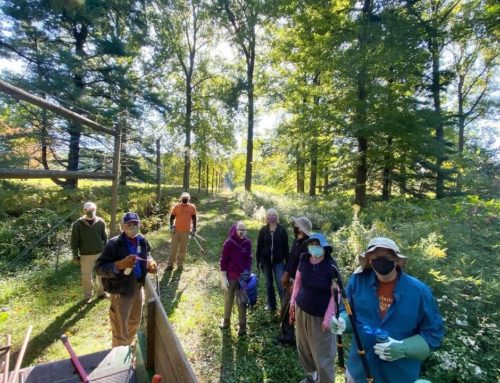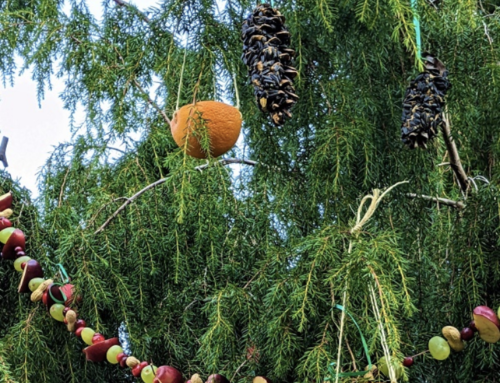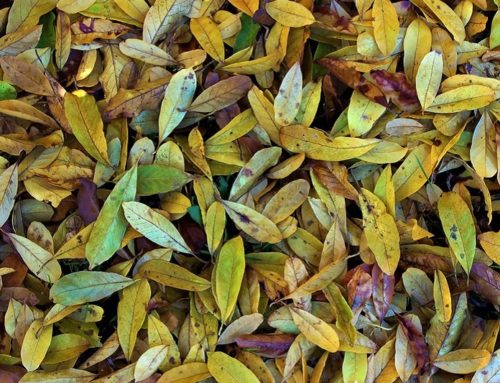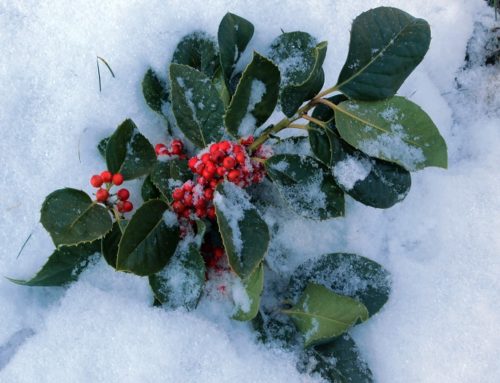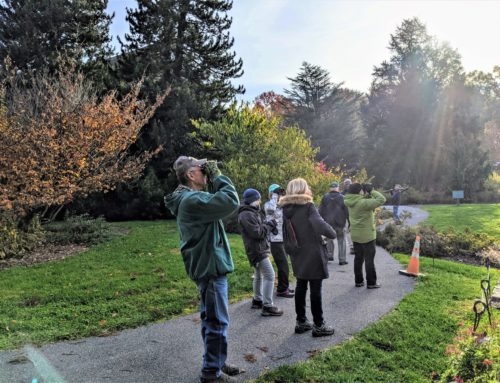It all begins with seeds. They sprout and grow in healthy soil with loving care. With a little luck and the right conditions, in time that plant will be pollinated and produce fruit. People are just like those seeds. Give them a solid base and some support and they will grow to become a community. But what happens to the garden, to those people and to that community, in the midst of a pandemic?
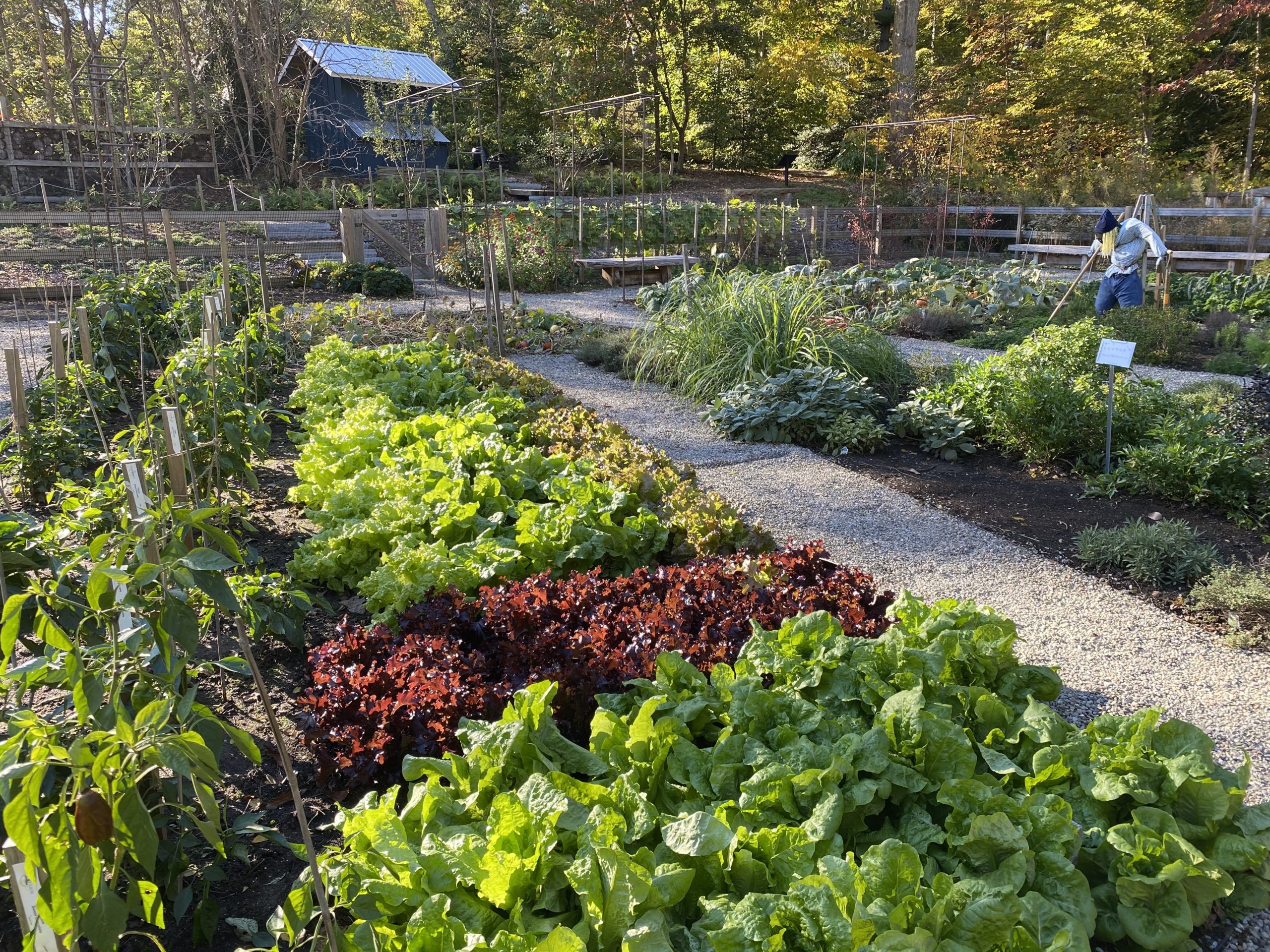
Our year in Lucille’s Garden began with the hiring of Ben Mickel. Well-experienced in growing vegetables and maintaining fruit orchards, Ben jumped right in and planted early crops such as beets, carrots, radish and peas. Before they could germinate, before the volunteers could come on site to assist, before we could harvest even the earliest crop, everything came to a grinding halt. Staff were sent home and our gates closed from March 13 to June 5. The seeds still sprouted. Vegetables appeared alongside the weeds. The birds returned, as did the groundhogs. Nature continued without us and Lucille’s Garden grew. We returned to discover that much had happened in our absence.
That’s what seeds do. That’s what people do as well. When we returned our goals hadn’t changed: To grow healthy food and share it with our community through the Media Foodbank. In fact, the need was even greater now than it had been before. As the pandemic continued people faced even greater food insecurity. And here we were with a vegetable garden….and a desire to help.
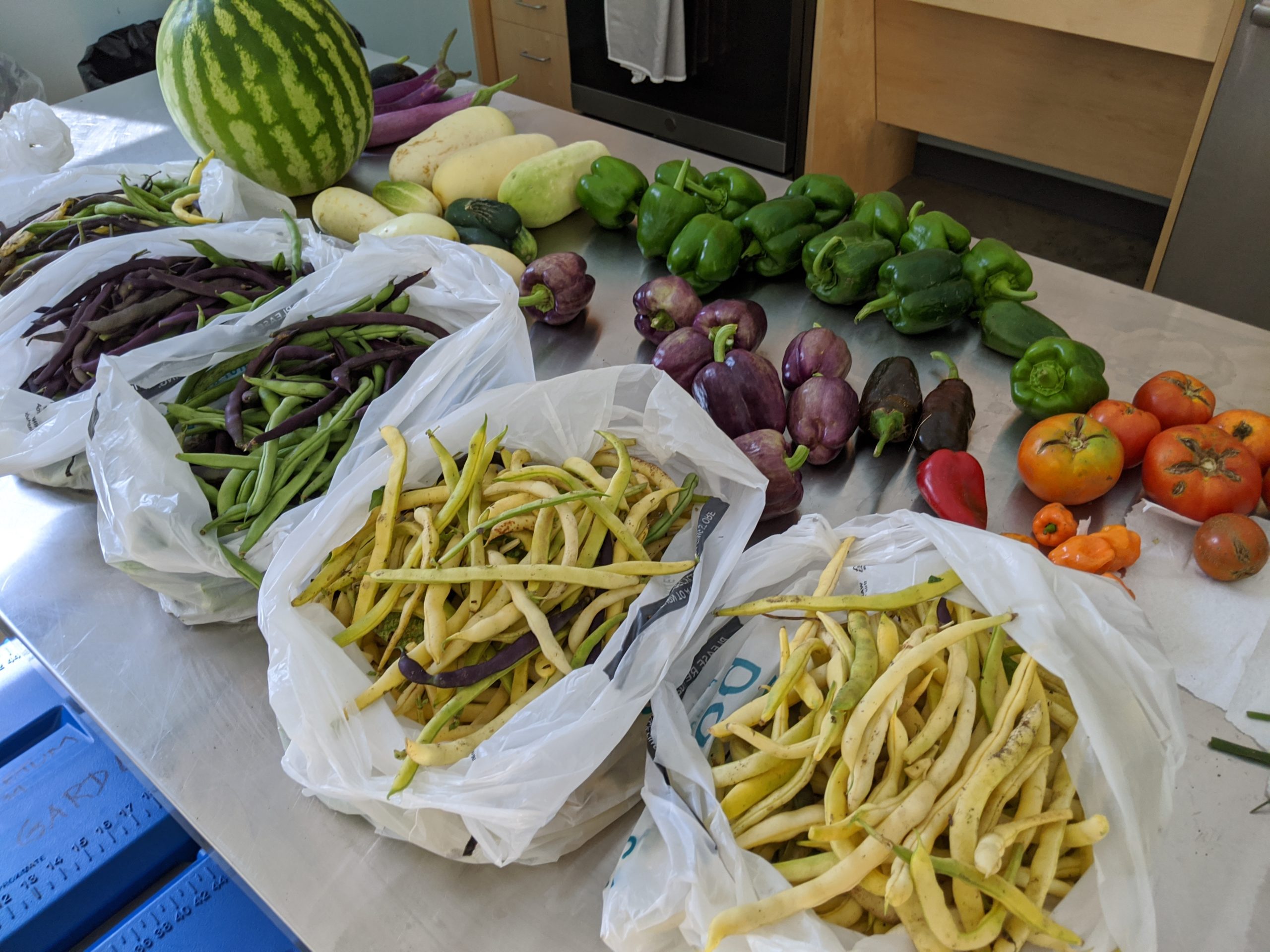
We were behind. Tomatoes and peppers cannot be harvested until September if the seeds are planted in May. What we needed were young plants and we needed them now. Quick sprouting vegetables such as squash, pumpkins and green beans became part of our strategy. Thanks to some resourceful thinking, we brought in tomato seedlings just in time for the summer heat.
Then we faced another challenge. How to safely invite our volunteers back to help us with the incredible amount of work that goes into a vegetable garden – planting, grooming, watering and harvesting. You see, these gardens require a very high level of maintenance. Most everything must be handled weekly if not daily. And unlike perennials that grow year after year, vegetable plants will be productive for a limited time. When the early vegetables like lettuce and garlic are done in late June into July, a second crop of bush beans or basil can take their place. Nancy Heinbaugh, our Volunteer Coordinator, led the charge by re-boarding everyone with COVID 19 training. Schedules were produced and our volunteers returned. Now, groups of 3 to 4 volunteers report to Ben from Tuesdays to Fridays. Conversations about good sandwich tomatoes, the tastiest zucchinis, and how to use lemon basil can be heard in the garden again – not to mention laughter and the sharing of pandemic stories. Our volunteers helped us do more than grow produce. Their return reminded us that, although our community was weathering a storm, we could weather it together. That, even when observing social distancing, we are stronger and can accomplish more when we rely on one another. People returned to the Arboretum, and together we grew food and donated it to the Media Foodbank.
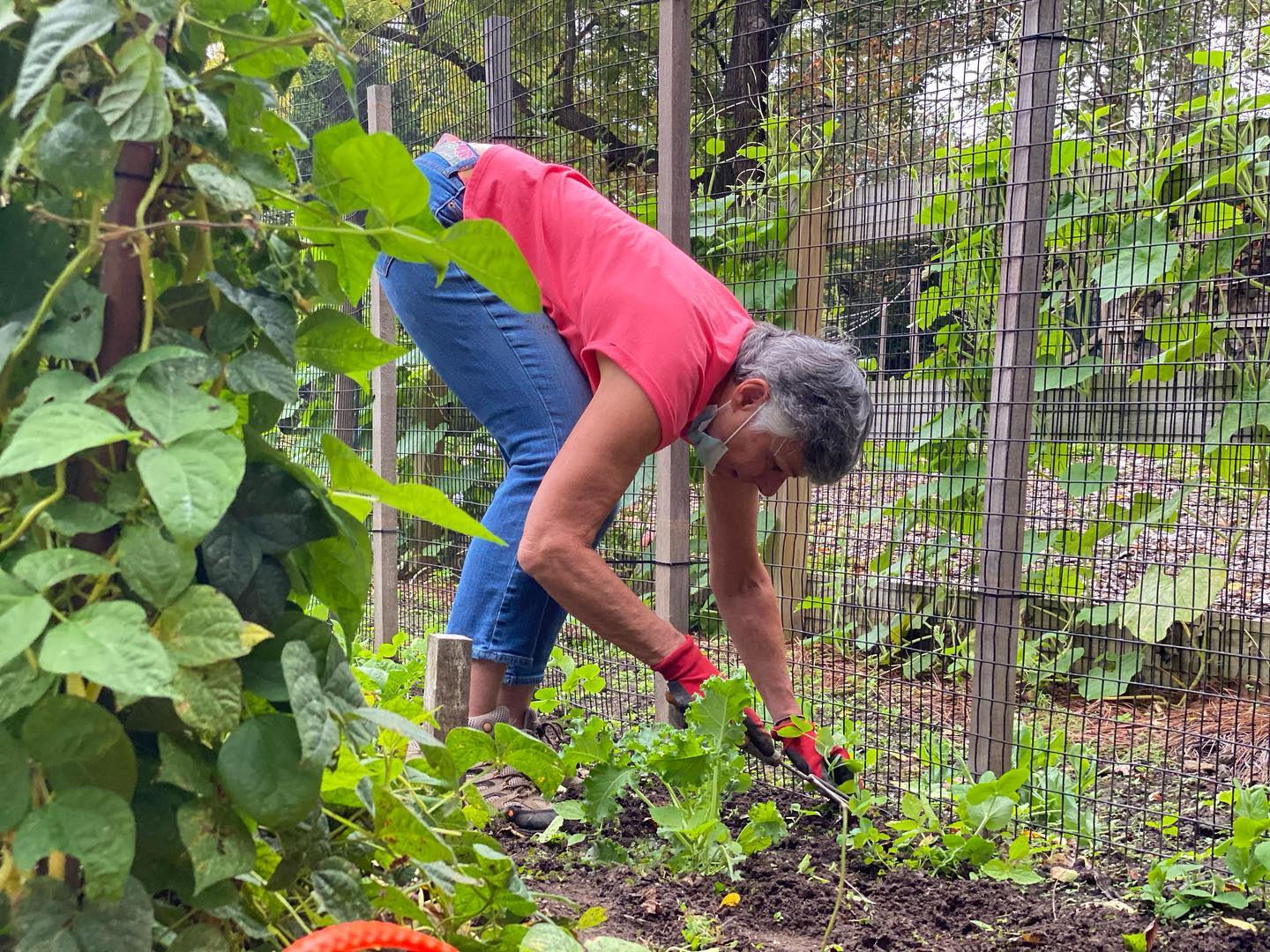
In late August, the Pennsylvania Horticultural Society invited us to partner with them for a community program called Harvest 2020. As partners, we would approach the Foundation for Delaware County to secure funding so we can produce even more food during the fall season to serve the community in this time of great need. We were successful. Within a week, Ben and the volunteers got cabbages, kale, broccoli and many more cool season vegetables in the ground. In late October, Ben reports that they harvested over 125 lbs of greens – kale, lettuce, Swiss chard – in just one day. Twice a week we send good, organic, tasty and nutritious food to the Media Foodbank – supporting 50 to 60 families. When the row covers are set up, we will be able to produce food into early next year. You should come out and see! In the meantime check out this link to the video we made for Harvest 2020: https://youtu.be/IOaJRJh_gjE
For those of you who are social media patrons, you’ve probably noticed the Tuesday Garden tips video segments with Ben. You may also find the blogs on planting in the summer months or late season vegetable planting. We want to share the how and why with everyone who visits Tyler, virtually or in person. We want to empower anyone with an interest to grow their own food at home. One of the silver linings for 2020 is that gardening surged in popularity as people stayed home and asked themselves what they could create and how they could shorten the long and suddenly tenuous supply chain from farm to supermarket to table. Like the Victory Gardens of the last century, we saw the backyard garden shift from something you tried to find time for on the weekend to a source of entertainment, hope and inspiration. That is why we decided to move Lucille’s Garden to the Community Engagement department. Be on the lookout for an Ambassador program for Lucille’s Garden, as well as changing content such as Vegetable of the Month, along with best recipes to showcase them. We will be beefing up signage and on-site activities by next summer. We’re excited to see what grows.
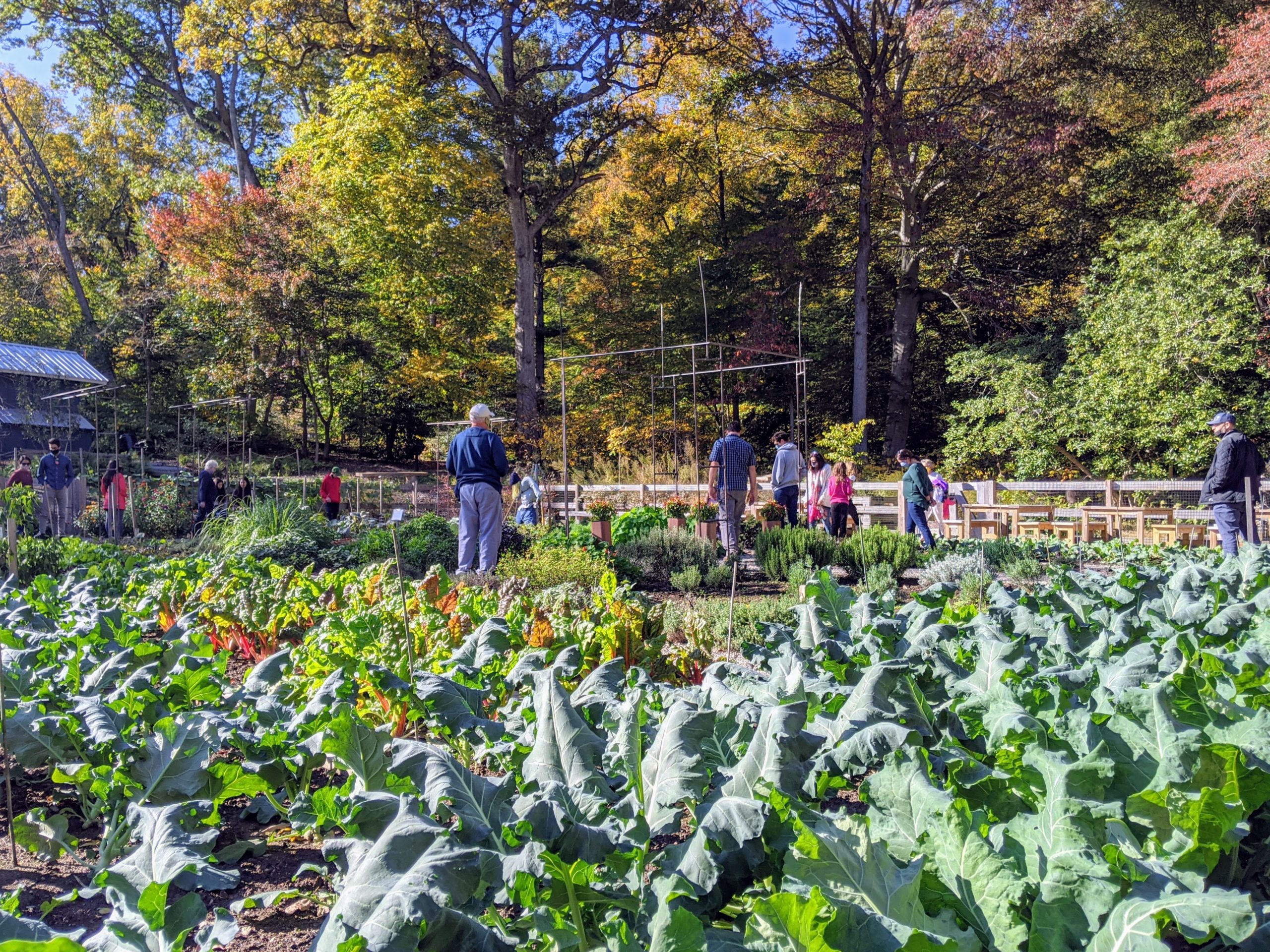
This year, we planted seeds for the future. Together with our volunteers and partner organizations we began to make Lucille’s Garden a home for the community. As always, no matter what challenges come forward, nature finds a way. People find a way. A way to overcome the obstacles we face, to be creative and create solutions. A way to come together as a community, to help one another even when maintaining a six foot distance. A way to create something beautiful, a place to gather, grow food and let our children play. A way to plant and grow that most important resource of all – HOPE.


